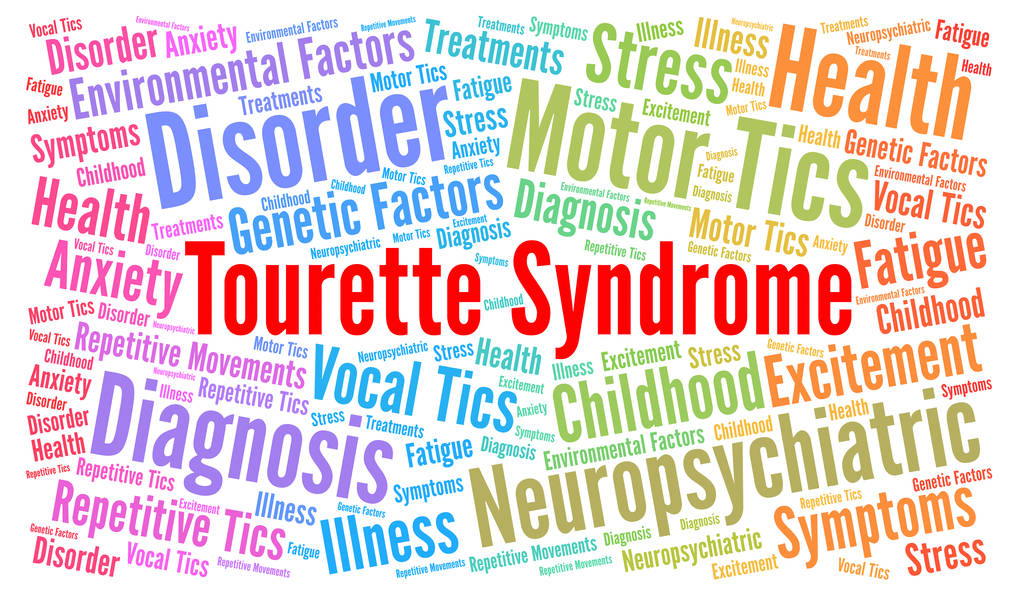According to a recently published study, marijuana-based treatments could be beneficial for managing symptoms of Tourette syndrome.

The study, titled Efficacy of Cannabis-Based Medicine in the Treatment of Tourette Syndrome: A Systematic Review and Meta-Analysis, was published online in the European Journal of Clinical Pharmacology and ahead of print by the US National Library of Medicine. The study was conducted by researchers from several institutions, including Mansoura University, Damanhour University, Alexandria Main University Hospital, Suez Canal University, South Valley University, Al-Quds University, Kafrelsheikh University, and the Poznan University of Medical Sciences. All by the Poznan University of Medical Sciences (Poland) are based in Egypt.
Tourette syndrome (TS) is a neurodevelopmental disorder characterized by involuntary motor and vocal tics. It affects between 0.3% and 0.7% of children, with its pathophysiology remaining largely unknown. Although there are established treatment options, such as behavioral therapy and neuroleptics, they do not cure the condition. Researchers note that cannabis-based medicine has emerged as a potential new strategy, hypothesized to interact with the endogenous cannabinoid system, yet its efficacy and safety require further research.
In this systematic review and meta-analysis, the researchers aimed to evaluate the effectiveness of cannabis-based medicine in treating TS. They reviewed studies from PubMed, Cochrane, Scopus, and Web of Sciences up to February 2024, focusing on clinical trials and cohort studies that investigated the efficacy of cannabis-based treatments. The review included data from the Yale Global Tic Severity Scale (YGTSS), Premonitory Urge for Tics Scale (PUTS), and Yale-Brown Obsessive Compulsive Scale (Y-BOCS).
Out of 357 articles initially screened, nine studies were included in the systematic review, with three making it into the meta-analysis. These studies involved 401 adult patients with TS. The results showed a significant reduction in tic severity and premonitory urges following cannabis treatment.
The study concludes by stating:
The current study indicates promising and potentially effective outcomes with the use of cannabis-based medicine in mitigating the severity of tics and premonitory urges. However, there is a need for larger, placebo-controlled studies with more representative samples to validate these findings.







